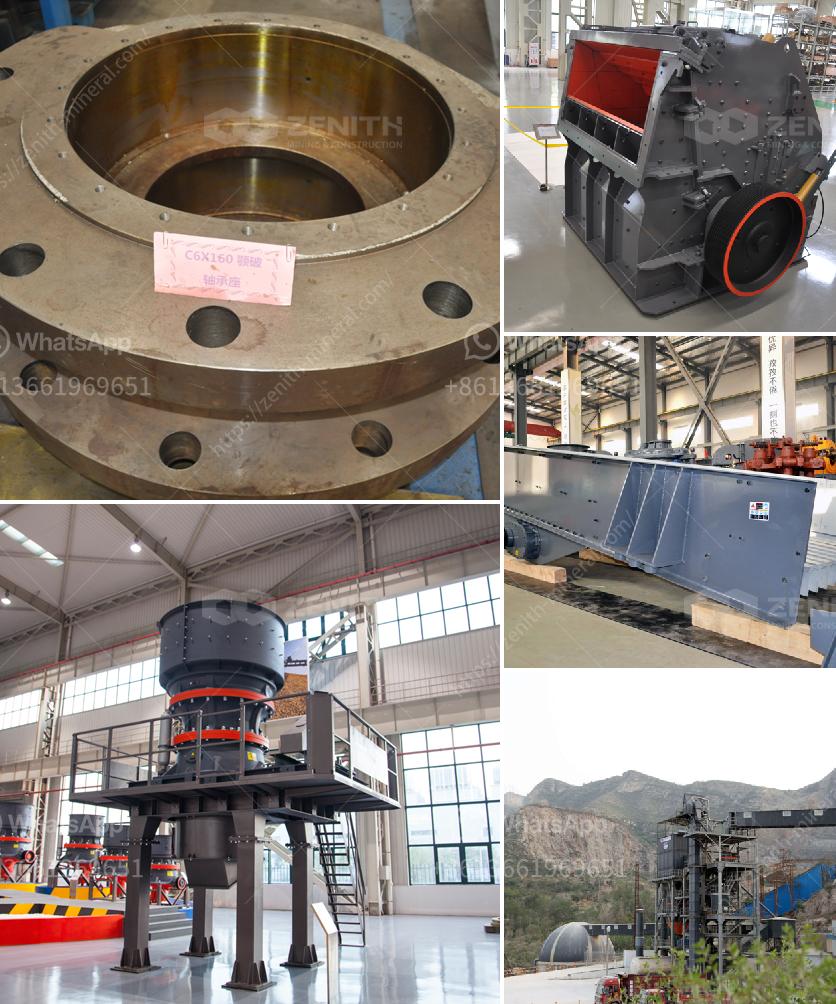A jaw crusher is a type of heavy-duty machinery that is commonly used in the mining and construction industries. Its primary function is to reduce the size of large rocks and other materials into smaller, more manageable pieces. This process is essential for various applications, including the preparation of materials for further processing, the production of aggregate for construction projects, and the recycling of materials.
Key Uses of a Jaw Crusher:
-
Primary Crushing:
- Jaw crushers are typically used as primary crushers, meaning they are the first step in the material reduction process. They are designed to handle large, hard materials and break them down into smaller pieces that can be further processed by other types of crushers or machinery.
-
Mining Operations:
- In mining, jaw crushers are used to break down ore extracted from the earth. This is a crucial step in the mining process, as it allows for the extraction of valuable minerals and metals from the ore. The crushed material can then be processed further to extract these valuable components.
-
Construction and Demolition:
- In the construction industry, jaw crushers are used to crush materials such as concrete, bricks, and asphalt. This is particularly useful in demolition projects, where large amounts of construction waste need to be reduced in size for disposal or recycling. The resulting crushed material can be reused in new construction projects, reducing waste and the need for new raw materials.
-
Aggregate Production:
- Jaw crushers are also used in the production of aggregate, which is a key component in the construction of roads, buildings, and other infrastructure. By crushing large rocks into smaller pieces, jaw crushers help produce the aggregate needed for concrete, asphalt, and other construction materials.
-
Recycling:
- In addition to their use in mining and construction, jaw crushers are also used in recycling operations. They can crush materials such as glass, metal, and plastic, making it easier to recycle these materials and reduce the amount of waste sent to landfills.
How a Jaw Crusher Works:
A jaw crusher operates by using a pair of jaws, one fixed and one movable, to crush materials. The movable jaw is mounted on a pivot point, and as it moves back and forth, it exerts force on the material, breaking it into smaller pieces. The size of the output material can be adjusted by changing the position of the jaws or the size of the opening at the bottom of the crusher.
Advantages of Using a Jaw Crusher:
-
Efficiency:
- Jaw crushers are highly efficient at breaking down large, hard materials. They can handle a wide range of materials, including those with high levels of hardness and abrasiveness.
-
Versatility:
- Jaw crushers can be used in a variety of applications, from mining and construction to recycling and aggregate production. This versatility makes them a valuable tool in many industries.
-
Durability:
- Jaw crushers are built to withstand the rigors of heavy-duty use. They are constructed from robust materials and designed to operate in harsh conditions, ensuring a long service life.
-
Adjustability:
- The size of the output material can be easily adjusted, allowing for precise control over the final product. This is particularly important in applications where specific material sizes are required.
In summary, a jaw crusher is a versatile and efficient piece of machinery that plays a crucial role in various industries. Its ability to reduce the size of large materials makes it an essential tool in mining, construction, aggregate production, and recycling operations.

